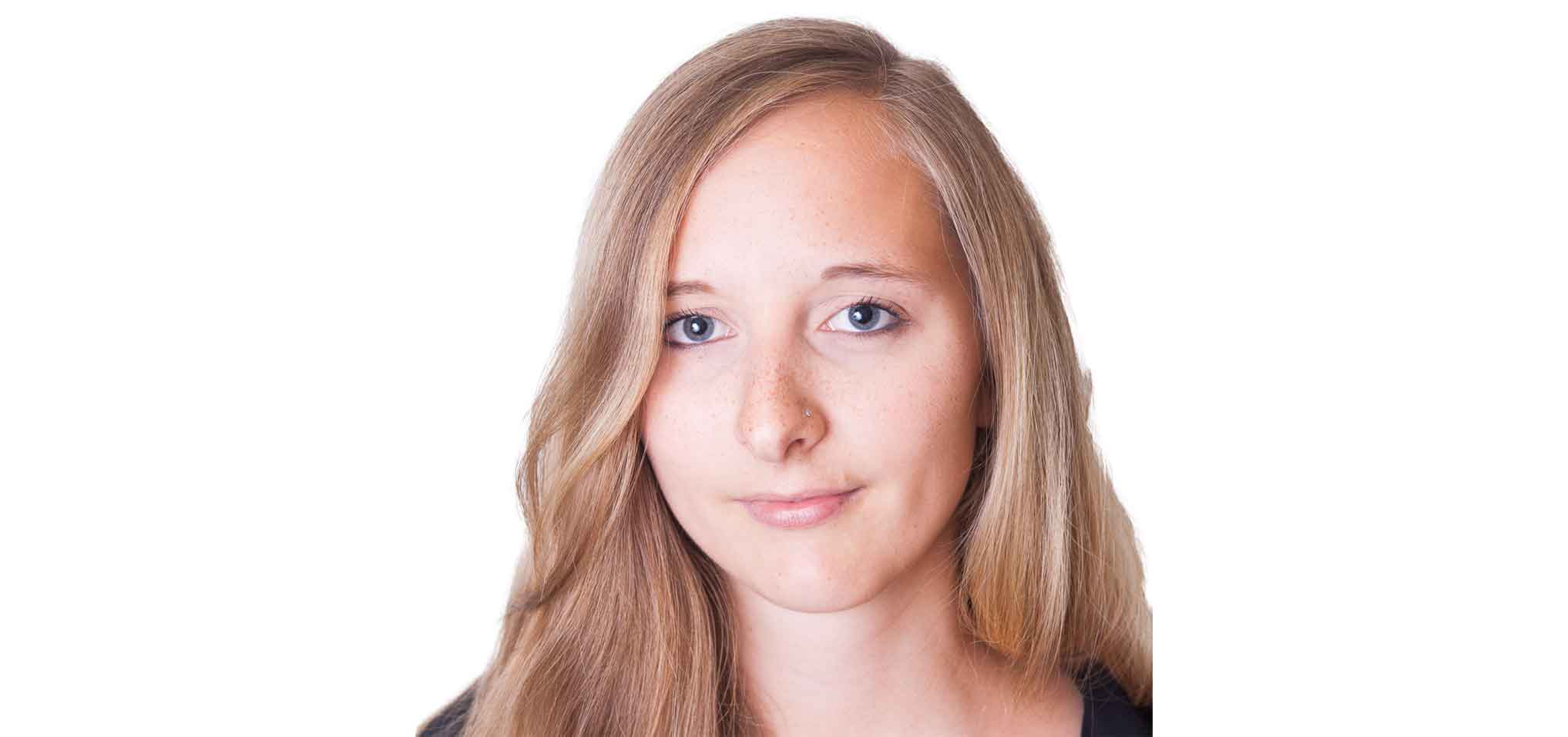Many students willingly share their experiences and memories on the internet and use digital media to stay in touch with their friends abroad. Columnist Katherina Riesner reevaluates her own choices in such an open world.
As of December 2014, more than a decade after Facebook was first launched, 1.3 billion people are active members in the community. For seven years, I have been one of them and so are many fellow students. Much of our daily communication is digital because it is fast, easy and in contrast to calling or texting, free of charge. I have always been very open about my personal data, freely sharing my thoughts on a variety of platforms. A friend of mine and I even track each other on Apple’s ‘find friends’ app so that we know exactly where we are, at all times. However, communicating this information through a company that recorded $75 billion in revenue in its 2015 first quarter seems slightly insane.
Generally, Germans are more cautious with the information they provide on the web. Sweden on the other hand, offers its citizens and residents full access to personal information like address, birthday and income of their neighbors, colleagues or fellow students. This Swedish particularity, the launch of the Apple Watch, and above all, Dave Egger’s 2013 book, “The Circle”, which displays a dystopian vision for a society in which transparency and access to information is the number one priority, have led me to reconsider my attitudes towards an open world.
Social media platforms claim that they are free, but nothing on this planet ever comes for free. We all know that the information we feed into our profiles is collected and processed; algorithms make sure that we see the perfect selection of ads on our news feed. In which other, more powerful, ways can these tools be employed? Where does the influence of global internet companies end? And how much of our privacy can we even protect after having opened Pandora’s box? Just the other day, a friend of mine and I were talking about green cards for the U.S. while her laptop and browser were open next to us. When she clicked on a link, an ad popped up. For a chance to win a green card. A coincidence? Somehow that is becoming increasingly hard to believe.
At the end of Egger’s book, one of the characters warns that “if you control the flow of information, you can control everything.” Not only because of quotes like this did I have a claustrophobic, unsettling feeling creep up on me while reading. Am I stupid and naïve to share my whereabouts, my education, and my interests online? The internet does not forget. Ever. And soon people will have the opportunity to measure each and every step they take, their heart rate and have numbers show them how ‘good’ they performed that day. We might as well give over the right to make free decisions now – because we are clearly headed that way.






